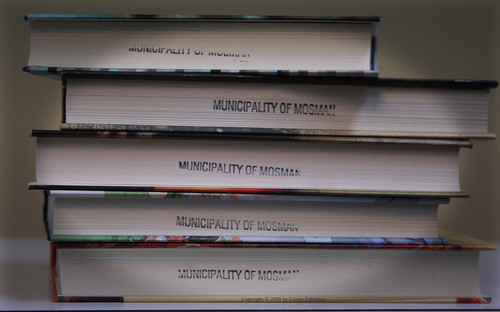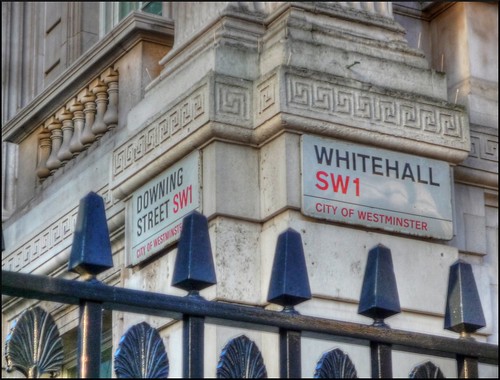
I’m delighted, nay giddy, to see that Mosman Council in Sydney, Australia, is starting social media surgeries at their library. It’s also wonderful to they consider it part of delivering their community engagement strategy.
I’ll quote a bit from the blog of Mosman Library:
Birmingham’s social media surgeries are the model we’re working off. It’s an opportunity for neighbourhoods, community groups and local residents to help each other communicate, organise and just do things online.
Mosman Library would like to facilitate this sharing of information and experience at a local level. It’s also a goal of Mosman Council’s Community Engagement Strategy.
Right now we’re looking for ‘social media champions’ – people who are already talking, sharing and doing stuff online, and who might like to drop in and work with those interested in setting up a blog, podcast or social network for their community or group.
The structure is informal – no presentations or talks, just small group or one-on-one discussion with an emphasis on practical examples and advice.
We’ll host the first few meetups in the Library, where we have a meeting room, WiFi and PCs with internet access. It’s likely to be on a Thursday evening, 6-8pm. (Would mornings be better?)
It’s interesting that the surgeries were written into the council’s community engagement strategy (and not it’s not a pdf, it’s a web page). This extract is well worth sharing:
Acknowledge and mentor those community members who are active participants on-line or who wish to be.
Hold workshops for Councillors to encourage their use of blogs and other social media to communicate and converse with the community.
Hold social media workshops at Mosman Library to promote Council’s on-line engagement and give practical support for community participation.
Hold a regular brainstorming session along the lines of IBM’s Innovation Jam or the Guardian’s Hack Day to generate ideas and foster creative thinking.
Make information resources, wherever possible, available under an open content licence, specifically a Creative Commons Australia licence, to promote the use and dissemination of Council’s materials while retaining Council’s rights of authorship.
Continue collaborative projects on-line that allow the community to document and share its local knowledge while also participating in other collaborative spaces, such as Wikipedia and OpenStreetMap (an open data map repository).
Ensure that priority is given to open data formats to allow cost-effective and efficient use of that information by other Council systems as well as external applications and users. When commissioning or upgrading data systems and services, Council should prioritise the building of an application programming interface (API) to that information.
Mosman Library also keep this fantastic flickr account which shows what a huge range of vibrant stuff happens there.
The people involved in this also write at www.stapisi.com, twitter.com/lindach and libraryfuture.wordpress.com
Now, how do I get to visit one of those surgeries?

